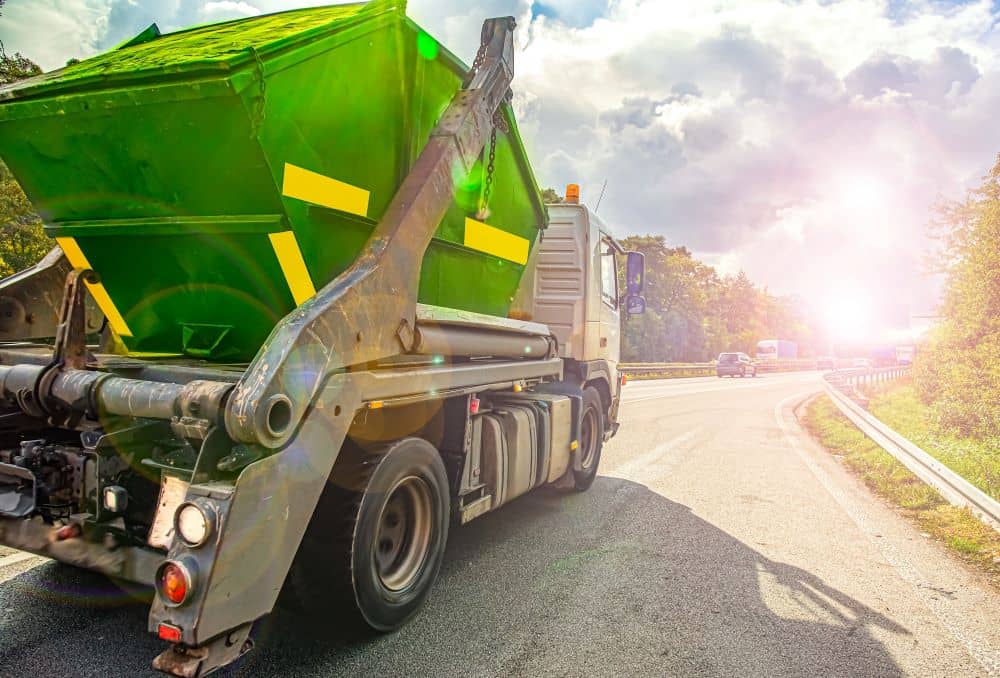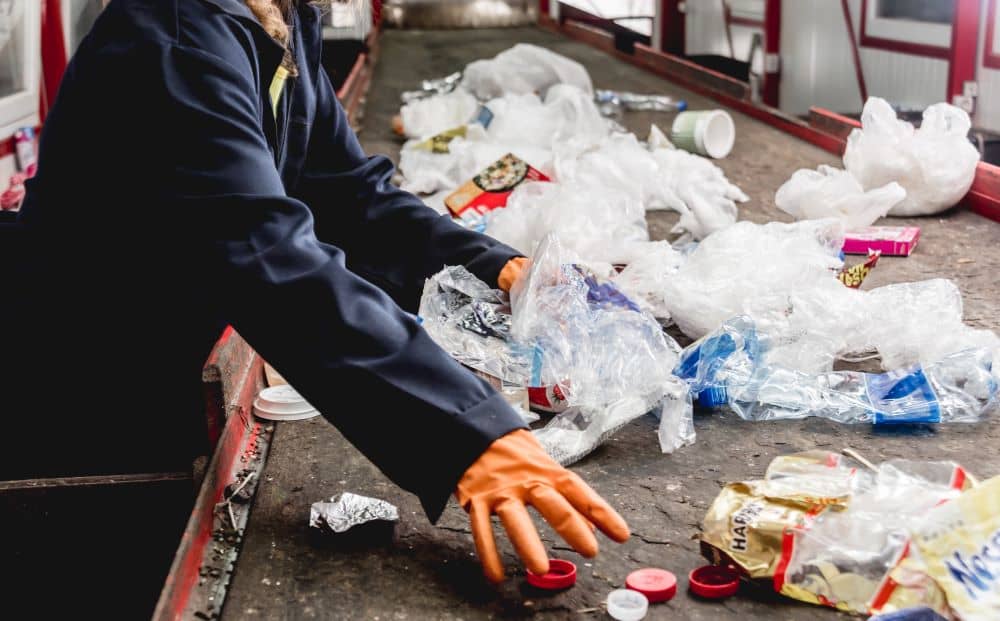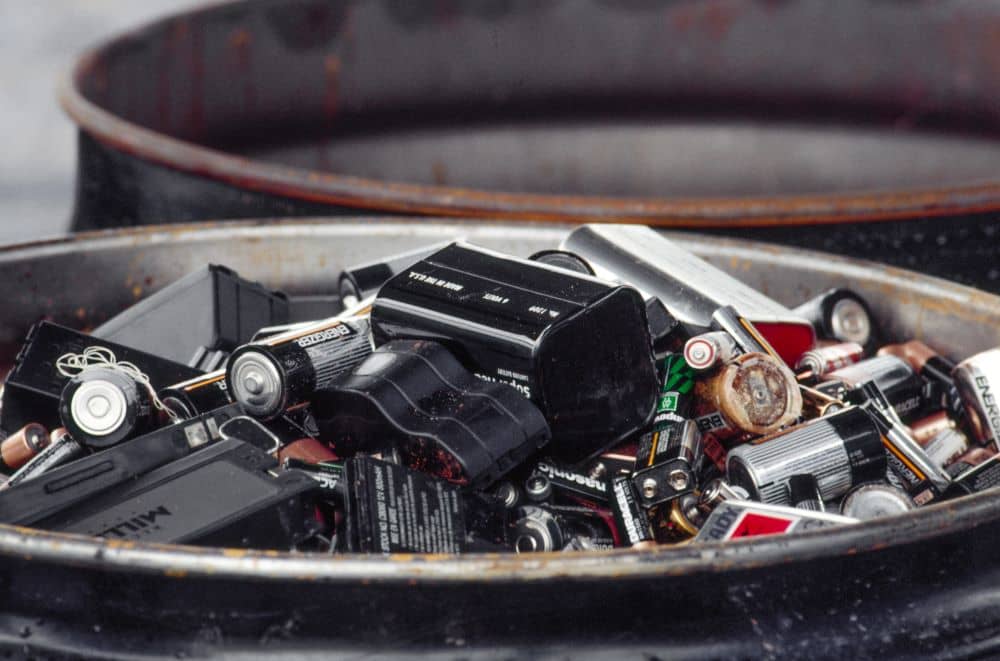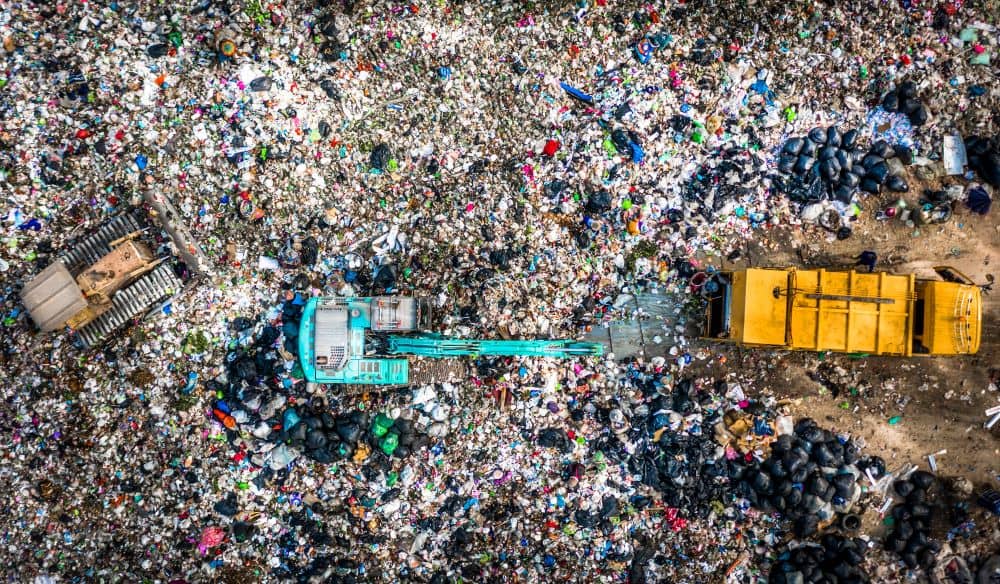
If you’re considering hiring a skip bin, there are a few environmental factors. A skip bin is a large trailer or open-top container that can be filled with rubbish for professional disposal. It may seem harmless, but the recycling and landfill destinations for rubbish from a skip bin hire can have different impacts on our environment. So here is everything you need to know about skip bin rubbish.
Does Skip Bin Waste Go into Landfill?
It’s common for people to assume that all waste is sent to a landfill once it leaves their premises. That’s not the case because any items that can be recycled are sent for recycling or reuse. Items such as paper, cardboard, and tin cans are commonly recycled because they are easy to process, and there is a high demand for materials. Therefore, only non-recyclable materials get landfilled.
What Happens to the Rubbish in Your Skip Bin Once It is Collected?
The rubbish that goes into skip bins is sorted and separated before being disposed of. The skip bin companies are responsible for ensuring that they don’t destroy the environment when disposing of rubbish from skip bins. The waste from your skip bin is recycled or sent to a landfill. The recyclable materials are separated from the rest of the rubbish to stop hazardous toxins from mixing with those that aren’t harmful.
How is Skip Bin Rubbish Sorted?
The skip bin’s contents are sorted into different categories at a rubbish transfer station, including scrap metal, recyclable waste, toxic waste needing treatment, and organic waste to be composted. Any item that is to be recycled undergoes some processes like screening, sorting, and shredding. Recyclables are then baled and loaded into trucks to be transported to the recycling facilities.
Which Materials Can Be Recycled from Your Skip Bin Waste?
There are a lot of materials available for recycling. Once collected from skip bins, these materials are sent to recycling facilities. Here are some of the materials that can be recycled:
- Glass – Glass can be recycled into other products, like new glass bottles or into new windows. However, they are often recycled into new shape products. If your glass is clear and not stained, you can recycle it.
- Plastic – As long as the plastic is rigid, recycling is easy. Plastic bags are one of the most popular materials for recycling. Plastics are also reused over and over in products like plastic lumber and plastic pipes.
- Cardboard – Recycling cardboard is another popular way to deal with rubbish from skip bins. When the cardboard is clean, it can be reused to make building materials, boxes, and paper. Some of the recycled cardboard is used for insulation.
- Metals – Metals are the most common material for recycling. Many materials are available for metal recycling, including aluminium cans and metal cooking utensils. Metal scrap is often melted before it is recycled.
- Appliances – Appliances are also recycled for materials. For instance, you can recycle steel and copper from washing machines, refrigerators, and microwaves.
- Green Wastes – Green wastes from skip bins are also recycled without polluting the environment. Green wastes are used for soil enrichment and as organic compost. Some green wastes from skip bins are used in gardening and landscaping.
- Construction Materials – Construction materials from skip bins are sent for recycling. These materials can be used to construct new buildings or to make new items like bricks, tiles, and concrete.
Which Items Cannot Be Recycled from Your Skip Bin?
There are a few common materials that are too dangerous to recycle. Here are some of the common items that cannot be recycled:
- Mercury – Mercury is one of the most toxic elements available. It is found in thermometers and many old batteries. It is illegal to dispose of mercury in your skip bin, so it is best to recycle this dangerous material.
- Batteries – Batteries cannot be properly recycled since they contain toxic elements like mercury, lead, cadmium, and zinc. It’s best to get rid of them once you have a chance.
- Paint – Paint can be hazardous. It contains a lot of dangerous substances that can cause skin irritation, breathing difficulties, etc. It is best to get rid of it safely.
- Pesticides – Some pesticides are dangerous to humans and the environment. They can be toxic and have other harmful effects on biodiversity. You can’t recycle pesticides, so you must dispose of these materials properly.
- Chemicals – Most chemicals can’t be recycled on a large scale. They are often disposed of in landfills unless they’re collected separately.
What You Should Not Put in The Skip Bins
There are a couple of materials that you should refrain from putting in skip bins. Many of these materials can cause serious damage to the environment and the community. So here are some of the examples:
- Flammable material
- Food scraps
- Asbestos
- Chemicals
- Paint
- Hazardous waste
- Contaminated soil
- Batteries
How Can You Help with the Rubbish Recycling Process?
You can help by being careful with the type of waste you put in skip bins. For instance, you shouldn’t put flammable items and food scraps in most skip bins. You should also avoid putting hazardous materials into your bins, like chemicals, batteries, and pesticides. Don’t fill the bin too full either; make sure you don’t block any ventilation holes as this will cause problems for collectors working in your skip bin waste; if you can, separate containers of rubbish from each other before bringing them to the skip bin.
Skip bins are a great way to dispose of the rubbish in your home. They help to reduce the amount of trash in the environment. The rubbish you put into your skip bin can either be recycled or landfilled. Recycling helps to reduce the amount of trash in landfills and gives people a chance to get rid of waste in a way that is good for the environment and the economy.
Backyard Bins Team
“ [rcblock id="2165"]”


